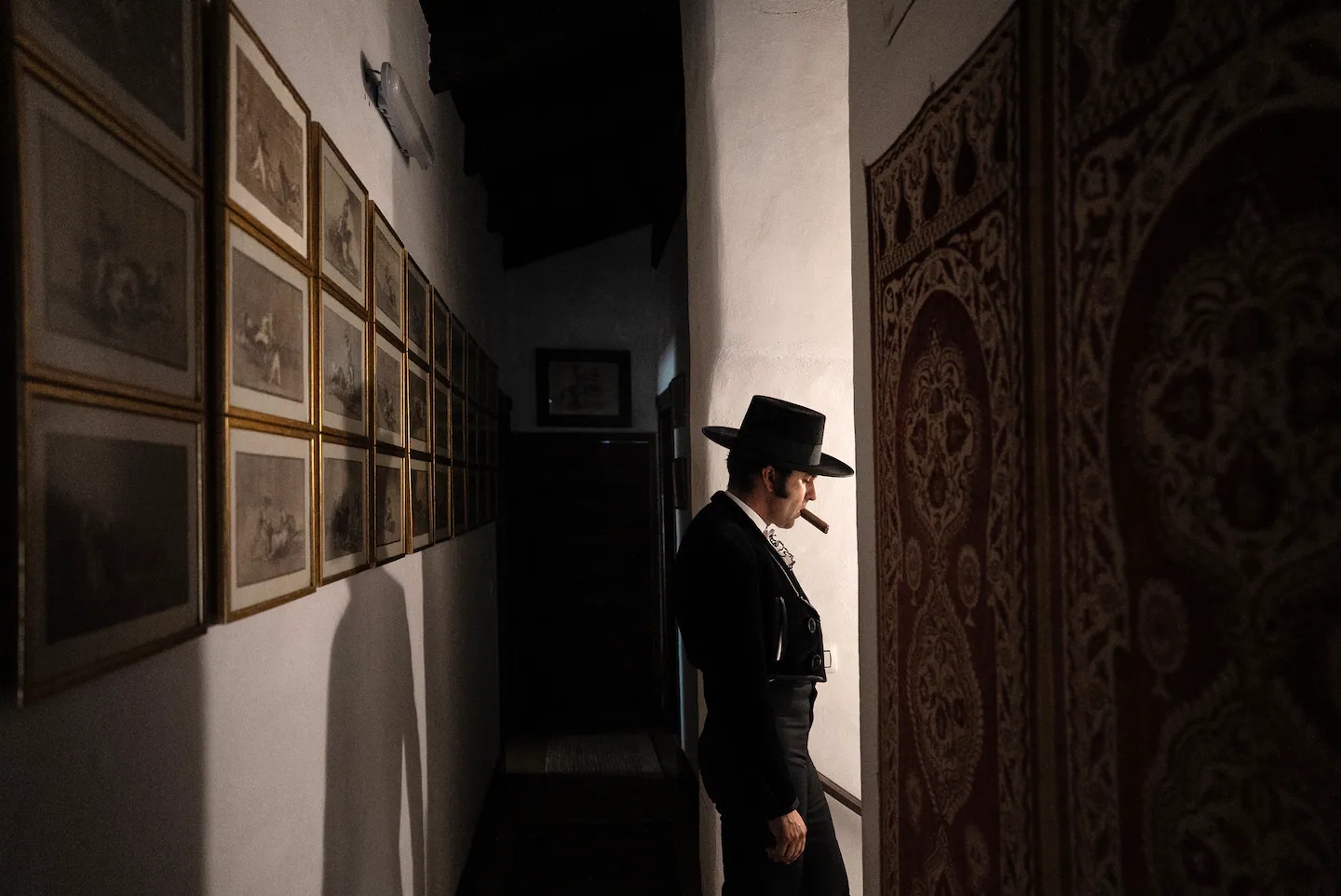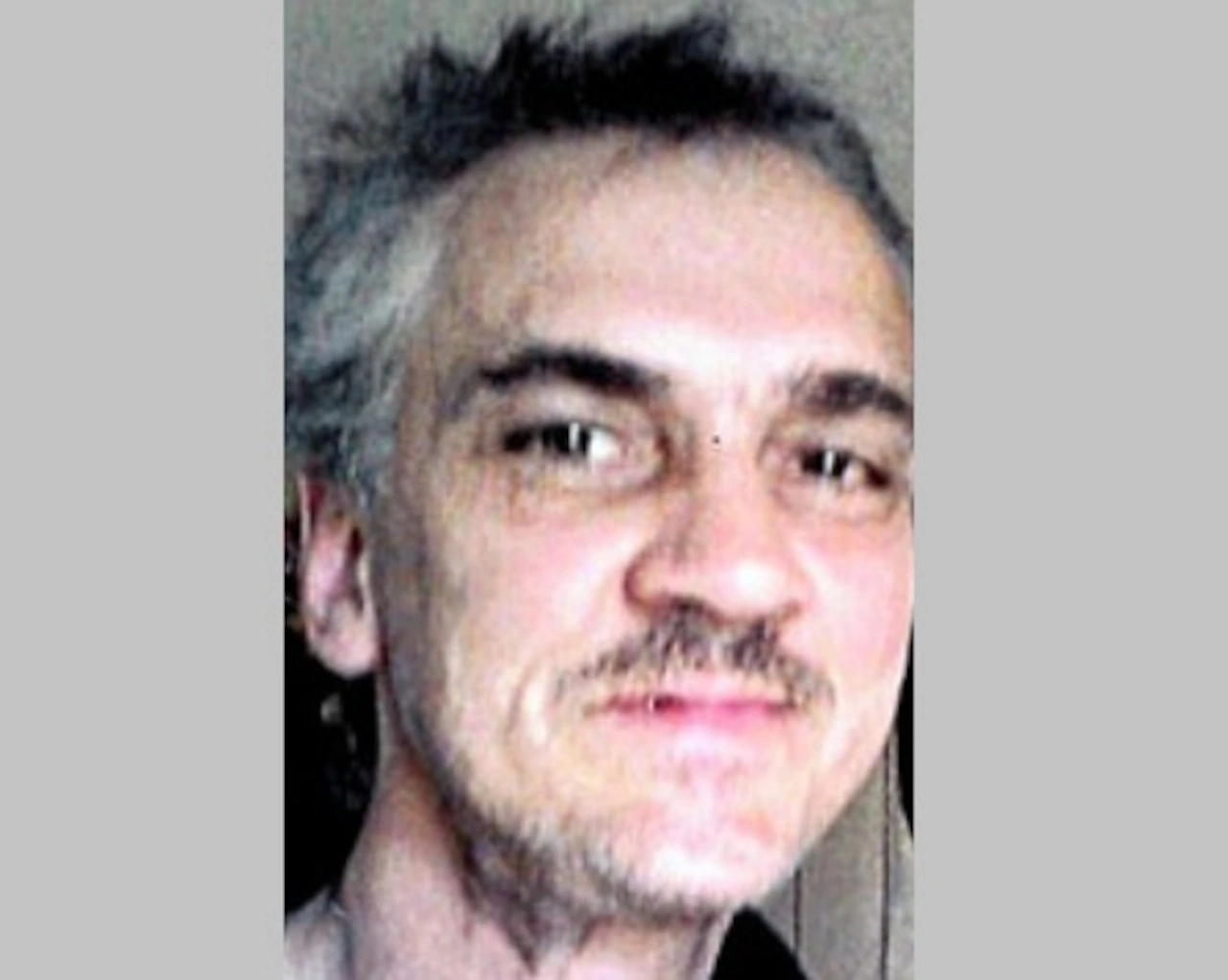Copyright The Boston Globe

When it was over, the bull was dead, the rare prize of its ears was hoisted in Morante’s hands, and a blizzard of white handkerchiefs waved in appreciation. The bullfighter embraced Spain’s leading far-right politician, bathed in a shower of flowers, Spanish flags, and cigars. He turned back to the center of the ring where, with tears on his weathered face, he removed a symbolic pigtail, clipped to the back of his hair. Everyone weeping along with him knew what that meant. Morante de la Puebla was calling it quits. “I felt an artistic exhaustion,” Morante said a few days after the Oct. 12 fight, in an interview at his riverside farm in La Puebla del Río, his hometown outside Seville in southern Spain. In whispered, languid sentences, Morante, wearing a wool Gucci suit and fedora, said he felt no lessening of his skills and that his career had been “upwards, upwards, upwards.” But, he said, “I’ve decided to stop before I fall.” The withdrawal of Morante deprives bullfighting aficionados of a legend admired for his artistry, courage, and imagination. Impresarios say they will miss his ability to fill the seats and the end of a rivalry with a rising Peruvian matinee idol. The leader of the nationalist Vox party, Santiago Abascal, had in Morante a direct line to die-hard fans of an increasingly polarizing and conservative-coded pastime. But even many of the Spaniards who want to follow the example of some regions and ban bullfighting across the country appreciated Morante as a rare original, not just for his Elvis impersonator mutton chops and psychedelic rock band outfits but for his bravery in publicly wrestling with mental health problems. “It exists, and I don’t like to deceive anyone,” he said as he sipped coffee to wash down medication that he said sapped his strength and caused fluctuations in his weight. He talked about his experience with electroshock therapy, his diagnosis of depersonalization, bouts of weeping, and his decision to spend much of the year in Portugal, because, he said, “my doctor is there.” And while he acknowledged that fans thank him for destigmatizing mental illness, he added with a quivering smile that “it’s harder to stand in front of a bull.” He dropped out of school and forged papers at age 14 to participate in the ring. At 17, he debuted, against his mother’s wishes, as a matador. He recalled his youthful “beauty” and success. But by the time he was 20, he said, his mother was weeping at his plan to marry a girl from the town, and leave home. That was the day, he said, that he suffered a mental crisis. “I looked in the mirror. I didn’t seem like myself,” he explained. He began to weep uncontrollably, he said, and felt as if he was living outside his own body. A doctor diagnosed him with depression and a dissociative disorder, and soon after, he said, he received electroshock therapy in Miami, where a friend suggested medicine was more advanced. It helped a little, he said, but his condition remained. In 2008, after three years of marriage and the birth of a son, he split from his first wife. He said he grew accustomed to the solitude caused by his condition, which was only compounded by the solitude of facing down bulls in the ring. Nevertheless, his career blossomed. While Morante spoke with envy about the sponsorships and stratospheric salaries of soccer stars, he earned — and spent — millions. In 2010, he remarried. But as his family expanded with two daughters, the election of a left-wing government clearly antagonistic to bullfighting imperiled his profession. Morante said he went “asking for a little help” from Abascal, the hard-right leader who, he said, “doesn’t know much” about bullfighting, but who eagerly went to bat for a hero to his political base. “Show the deep Spain,” Abascal texted Morante during the interview at the farm. Morante’s triumphs helped bring in bigger crowds, and bullfighting became more popular with younger conservatives. But his personal demons haunted him. Confidants in town said his mood swung wildly depending on how he did in the ring. He sat out some bullfights, and in others, he dispatched bulls he didn’t like the look of with efficient, lackluster performances. He eventually got back on track with the help of Pedro Jorge Marqués, a childhood friend from Portugal who had become a dentist and his manager, and who lived with Morante’s mother when in Puebla. The problem now, he said, was that he had no other interests. “Nothing,” he said. “Nothing.” Contrary to bullfighting gossip, he said, he and his wife were still together, though, he added with a shrug, “I don’t know until when.” A local farmer who dropped off a couple of golden pheasants to raise on the farm began to weep when Morante signed for him one of the capes stacked in the kitchen. “What else am I going to do with them?” Morante said. His weary eyes instead lit up when Marqués told him promoters were already plotting to bring him back. “I had a dream about that,” Morante said, adding, “let’s not call it a complete



